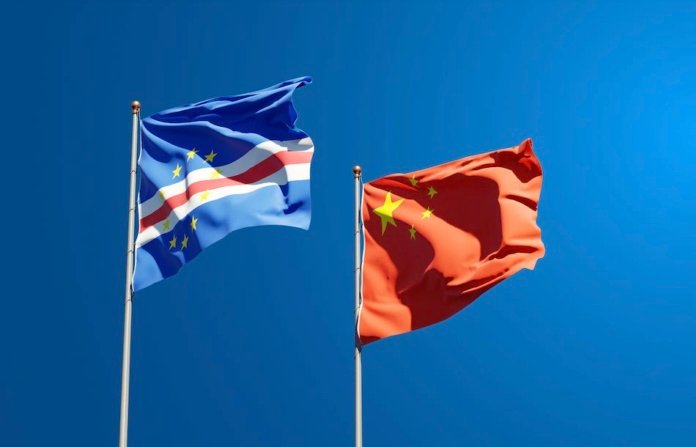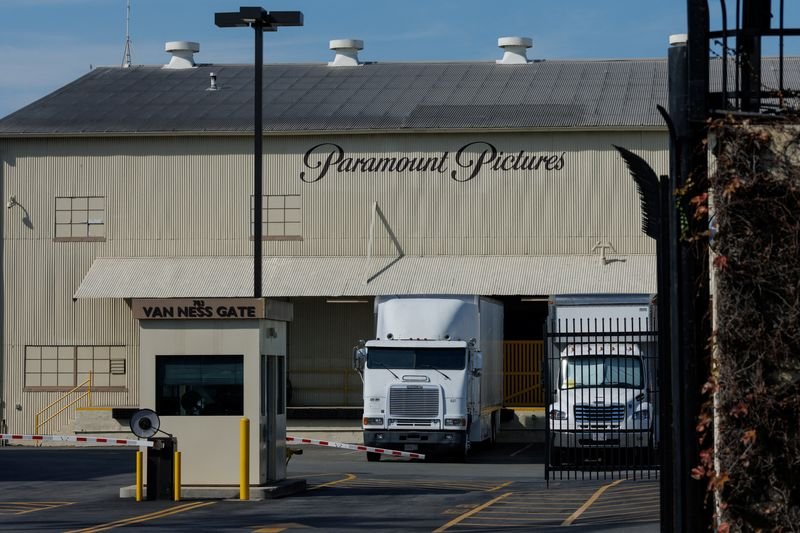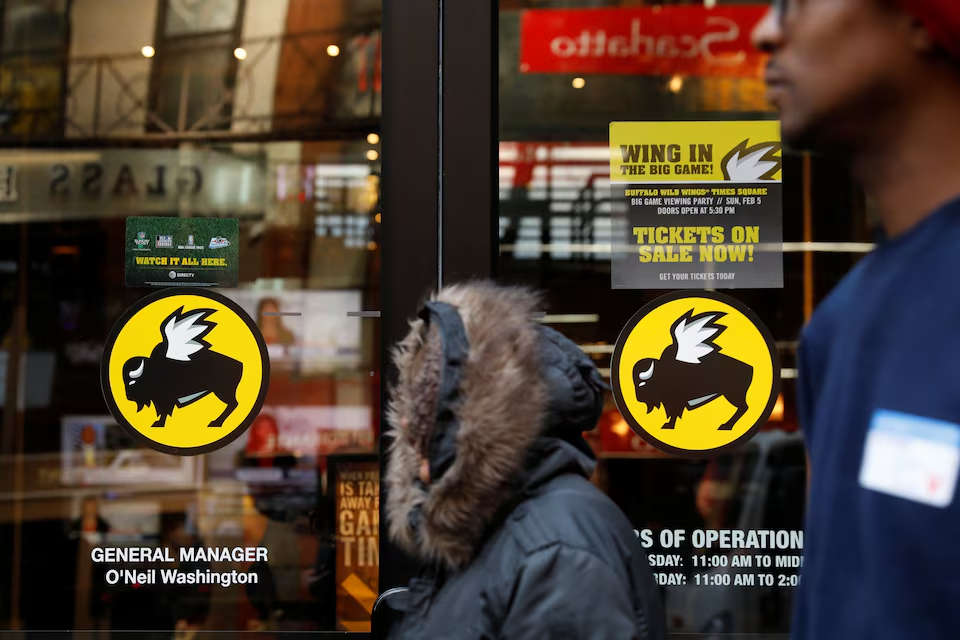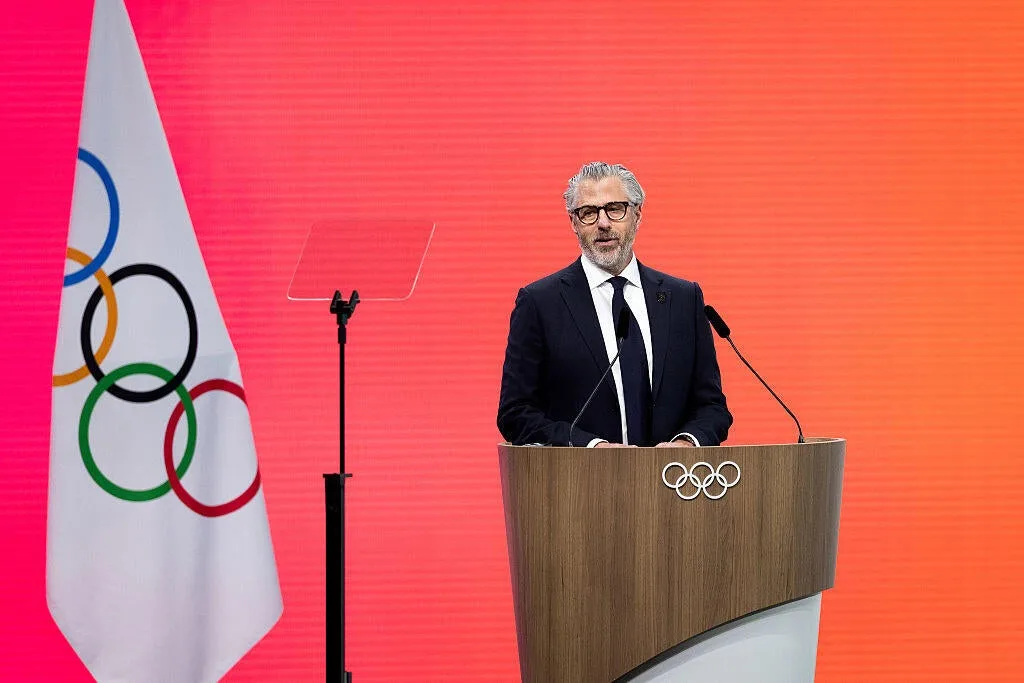Cape Verde is calling for deeper and higher-quality Chinese investment to boost its economy and build on decades of cooperation between the two countries. The country’s Interior Minister, Paulo Rocha, stressed that China has been a key development partner since Cape Verde gained independence.
Speaking during a visit to Macau, Rocha said Chinese investment has already made an impact through small and medium-sized businesses run by Chinese nationals now living in Cape Verde. The next step, he noted, is attracting “more and better” investments to support broader economic goals beyond tourism.
Tourism remains Cape Verde’s main industry. But Rocha explained that the country is now focused on diversifying. This includes developing the blue economy and investing in sectors that can drive sustainable growth. One major project is the planned Maritime Special Economic Zone on the island of São Vicente. This initiative was developed with Chinese technical support, and the government is now looking for funding and partners to make it a reality.
Rocha said that Cape Verde’s natural beauty, safety, and political stability make it an ideal location for tourism. The government sees real potential in attracting visitors from China and other parts of Asia. He pointed to the high number of Chinese tourists traveling to Europe and other regions as a sign of what’s possible.
“Tourism growth is strong,” Rocha said, highlighting that new hotels and resorts are rising fast on Sal and Boavista, the country’s most visited islands.
In March, Cape Verde’s investment promotion agency also encouraged a major Chinese construction firm, Shaanxi Construction, to take advantage of land set aside for tourism. The country has designated around 20,000 hectares for development and wants trusted partners to help turn it into modern resorts and tourism hubs.
Rocha emphasized that China is not just a source of financial help, but a trusted long-term ally. Over the past 50 years, Cape Verde has worked closely with China on a range of public infrastructure projects. These include the construction of the National Stadium and the National Assembly building.
China has also offered financial relief. Cape Verde received debt cancellations worth more than 2.5 million euros between 2007 and 2016. This support has helped the country focus its limited resources on key public services.
Rocha announced that a new maternity hospital will open soon on São Vicente island, built with support from the Chinese government. The hospital will serve the wider Barlavento region and is considered a key investment in Cape Verde’s public health system.
Education has also benefited from the bilateral relationship. China offers more than a dozen scholarships each year to Cape Verdean students. Since 2010, many have studied at top Chinese universities, building valuable skills and connections. Some of these students have stayed in China or Macau, where they now play an important role in building unofficial cultural ties between the two nations.
“These young people are like unofficial diplomats. They show the best of Cape Verde to the world,” Rocha said.
Beyond formal diplomacy, Rocha sees the global Cape Verdean community as a major source of growth. He noted that Cape Verdeans living abroad are investing not just through remittances but also in businesses and services that support local jobs and development.
This combination of domestic effort, diaspora engagement, and foreign partnership—especially with China—is part of the government’s broader vision. By deepening its links with trusted partners and drawing on the energy of its people, Cape Verde hopes to build a stronger, more resilient economy.
As it celebrates 50 years of independence, Cape Verde’s strategy is clear: work with proven allies, support the private sector, and prepare for a future where tourism is just one of many engines powering the country forward.







